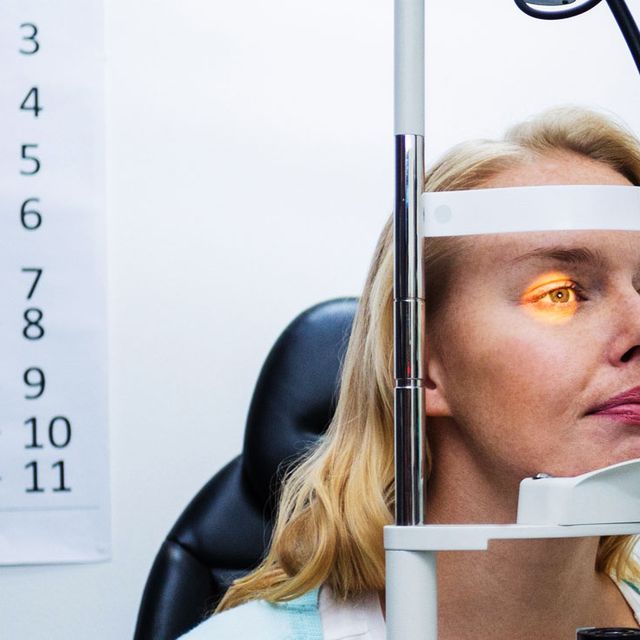
Blog

For many individuals, the ability to see well is essential to performing daily activities. Good eyesight can contribute to your independence and overall well-being. If you have a correctable refractive error that causes impaired vision, you have several options to improve your sight.
These options include eyeglasses, contact lenses, and laser surgery. Discuss your options with your dentist to determine the best one for your eyes, budget, and lifestyle.
Contact Lenses for Vision Correction
Contact lenses are thin synthetic lenses that sit on the eye's surface and help correct refractive errors. These errors include shortsightedness, longsightedness, astigmatism, and presbyopia. Most prescription contact lenses are either soft lenses or hard lenses.
Soft Lenses
Soft lenses are flexible, soft, and water-absorbing lenses that conform to the eye's shape. Most people prefer soft contact lenses since they tend to be more comfortable. The most common types of soft lenses include:
Daily wear contacts
Extended wear contacts
Cosmetic contacts
Colored contacts
Toric contacts
Hard Contact Lenses
Hard lenses are rigid gas-permeable lenses that cover only part of the cornea. These lenses hold their shape but let oxygen pass through them to the eye. They are especially beneficial for people with keratoconus, astigmatism, and eye allergies.
Other contact lenses include hybrid, scleral, and bandage contacts and contact lenses for presbyopia.
How Can Contact Lenses Improve Your Vision?
If you wear contact lenses, you are in good company. Tens of millions of Americans wear contacts. Do you ever wonder whether they can improve your eyesight or how they work? Understanding how they can improve your vision would help you learn how the eye works.
Light reflects off an object and passes through the cornea and pupil. It then passes through the eye's lens, focusing on the retina, which converts the light into electrical impulses sent to the brain. However, refractive errors cause blurred vision. Essentially, the eye's shape prevents the light that enters the eye from focusing on the retina, causing distortion.
Contact lenses are miniature synthetic lenses that float on the eye's tear film. They help refract and focus the light on the retina, improving eyesight. There are contact lenses for myopia, hyperopia, presbyopia, and astigmatism. Thanks to research and advanced technology, modern contact lenses can significantly improve vision without the hassle of eyeglasses.
Benefits of Wearing Contact Lenses
There are many benefits to wearing contact lenses. However, practicing healthy habits to get the most out of your contacts would be best. Always remember that all contact lenses, including colored and cosmetic contacts that do not improve vision, are medical devices and require an eye doctor's prescription.
Besides helping you see well, contact lenses can help you maintain a natural facial appearance without eyeglasses. That can help you feel better about your physical appearance. You can also wear colored lenses to change the appearance of your eyes.
Well-fitting contact lenses allow you to engage in your favorite sports and recreational activities. That is because they stay in place and improve peripheral vision during such activities. Furthermore, they do not fog up like eyeglasses.
Do not let a refractive error prevent you from living your life to the fullest. Schedule an appointment with your eye doctor to learn how contact lenses could benefit you.
For more on contact lenses, visit Super Optical Express at our Gainesville, Florida office. Call 352-702-9700 to schedule an appointment today.



